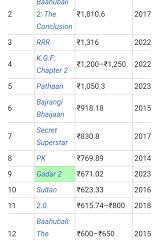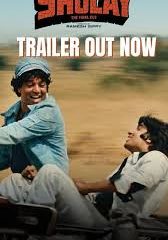Exploring the Cultural Impact of Dangal in India

Introduction
The film ‘Dangal’ has not only captured the hearts of audiences across India but has also sparked a significant movement towards the recognition of women’s sports in the country. Based on the true story of wrestler Mahavir Singh Phogat and his daughters, the film highlights the importance of gender equality in sports and has been a catalyst for inspiring young girls to take up wrestling and other sports.
Plot Overview
‘Dangal’ tells the inspiring story of Mahavir Singh Phogat, portrayed by Aamir Khan, who dreams of bringing home a gold medal for India in wrestling. Despite facing social stigma and financial challenges, Mahavir trains his daughters, Geeta and Babita, to break through the barriers of gender and societal expectations in sports. The film beautifully illustrates the struggles and triumphs faced by women athletes in India.
Relevance and Impact
Since its release in 2016, ‘Dangal’ has had a profound effect on Indian society. It not only raised awareness about female wrestling but also encouraged discourse on women’s empowerment and sports participation in India. The film has inspired numerous initiatives and grassroots movements to support women’s sports, resulting in an increase in participation levels among girls in various physical activities and competitions. According to the National Sports Development Code, there has been a notable rise in the number of female wrestlers participating in state and national competitions post the film’s release.
Conclusion
The legacy of ‘Dangal’ continues to resonate in contemporary India, where more families are supporting their daughters to pursue sports professionally. As a society, there is a growing acceptance of women athletes, which is crucial for nurturing and developing their skills. The success of ‘Dangal’ serves not just as a cinematic achievement but as a reminder that stories of courage and determination can change perceptions and lives. In the years to come, we can expect more films and narratives that challenge stereotypes and inspire further progress in women’s sports. The impact of ‘Dangal’ solidifies its place as a cultural phenomenon and a key player in the advancement of gender equality in Indian sports.









